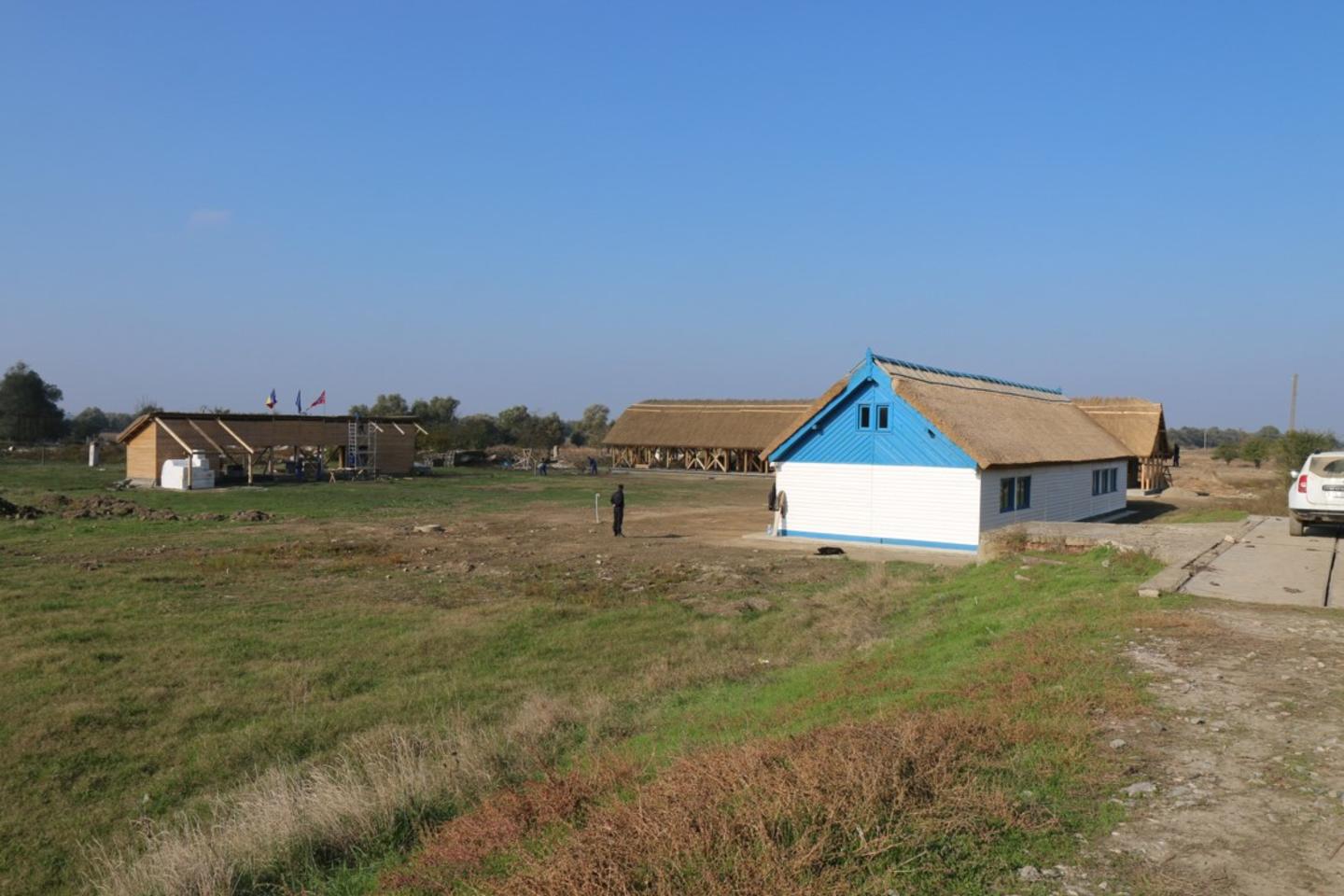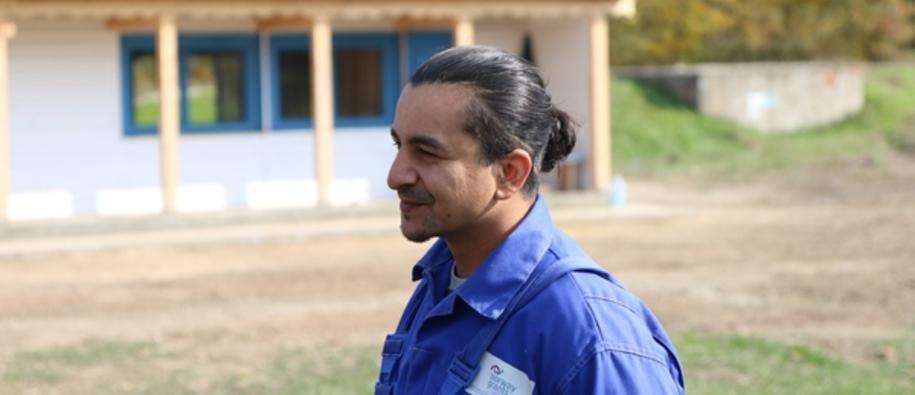When returning to life on the outside, former inmates often face a host of challenges, including unemployment, lack of housing and social stigma. Unless inmates have the support and skills necessary to adapt, reoffending is always going to be a challenge.
In Romania, the reoffending rate in the two first years after prison release is about 40%. Norway is often considered a success story in terms of imprisonment practices, with only one in five released prisoners returning to prison.
Drawing on Norwegian experiences
With almost €500 000 in support from Norway through the Romanian ‘Correctional services, including non-custodial sanctions’ programme, Romania and Norway have been working together taking the first steps in establishing a human ecological prison along the lines of Bastøy. The Norwegian low-security prison is hailed as the first human ecological prison in the world, and has the lowest reoffending rate in Europe at 16%.
Bastøy is based on an ecological detention system where prison guards are expected to see inmates as individual human beings, and maintain an emphatic and respectful approach while working with them. An important effect is the humane conditions under which the prisoners live in.
Facilitating the reintegration process
An objective behind the project is to facilitate the reintegration process, and provide at least 100 prisoners with skills that can increase their prospects of a better life after release from prison. The prisoners come from regions all over Romania, and serve their sentence in Tulcea prison, in the eastern part of the country. Most of them are Roma.
To date, 46 inmates have received certified training in eco-construction methods. The inmates have been involved in the construction of five ecological houses on Grindul Tataru, a small island in the Danube Delta. Using eco-friendly construction methods and natural materials sourced locally, the buildings will serve as workshops and classrooms where inmates can learn traditional craft work and construction methods.
A further 49 inmates have been trained in carpentry, and are mainly involved in furniture making and finishing the interior of the five houses. Three other groups of inmates will receive training in traditional Romanian craft, such as eco agriculture, pottery and weavery.
Cosmin Haralampie is serving an eight year long sentence at Tulcea Prison. The 23 year old is of Roma origin, and finished a training course in eco-construction in 2015. While he was reluctant at first to participate in the training, Haralampie now sees the value of acquiring new skills that could help facilitate his social reintegration:
“I’ve learnt something, and I’ve obtained a diploma. I can build an ecological house. Now I have a plan for the future.”
The training is expected to increase the inmates’ competitiveness in the job market once their sentence is served, and give them a sense of purpose.
Creating a human ecology detention system
The Correctional Service Region South is the Norwegian partner in the project. They have provided the Romanian prison authorities with advice and best practices as they have established their own human-ecological prison. Arne Kvernvik Nilsen is the former governor of Bastøy Prison, and has shared knowledge and expertise with the Romanian partner:
“The core philosophy is to run a prison in a humane manner, with a continuous focus on ensuring dialogue between staff and inmates,” explains Nilsen:
“The basic idea is to treat the inmates with respect and compassion. They will then respond by respecting themselves, each other and their surroundings. How inmates are treated in prison is important. By teaching the prison guards that they can make a difference by treating the inmates better, inmates will do better once released.”
Through the project, 50 prison directors from all over Romania have received training in how to create an ecological detention system. In a follow-up project, sixty prison staff, including social workers and therapists, working in low-security prisons, and the entire staff at Tulcea Prison, will undergo the same training.
Nilsen underlines how the project already has made a significant difference:
“With this project, we write Romanian prison history. When I visited Tataru Island last year, I had a guard come up to me saying that inmates and staff are eating together for the first time. A prison governor told me that in Romania they never shake hands with inmates. Until now. We hope that this project will contribute to a change of culture in Romanian prisons,” Nilsen concludes.
More
Read more about the ‘Setting up an eco-reintegration mechanism for inmates’ project

